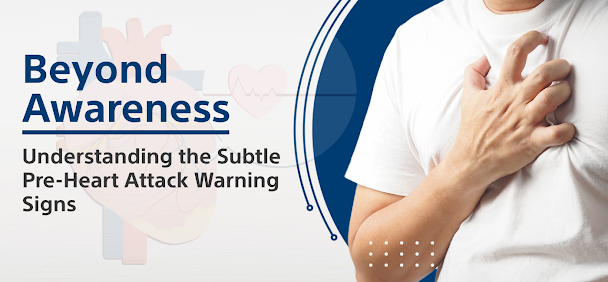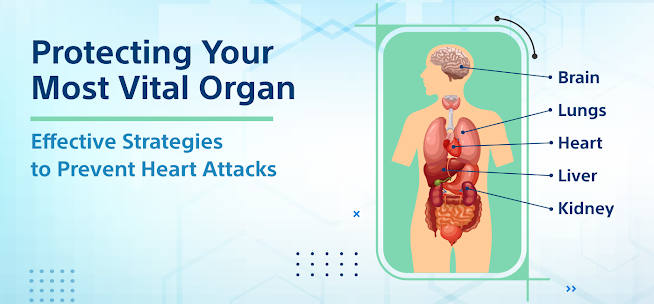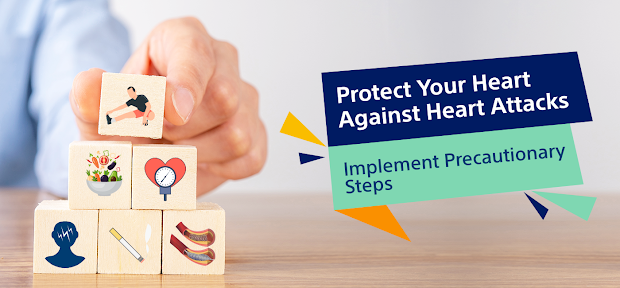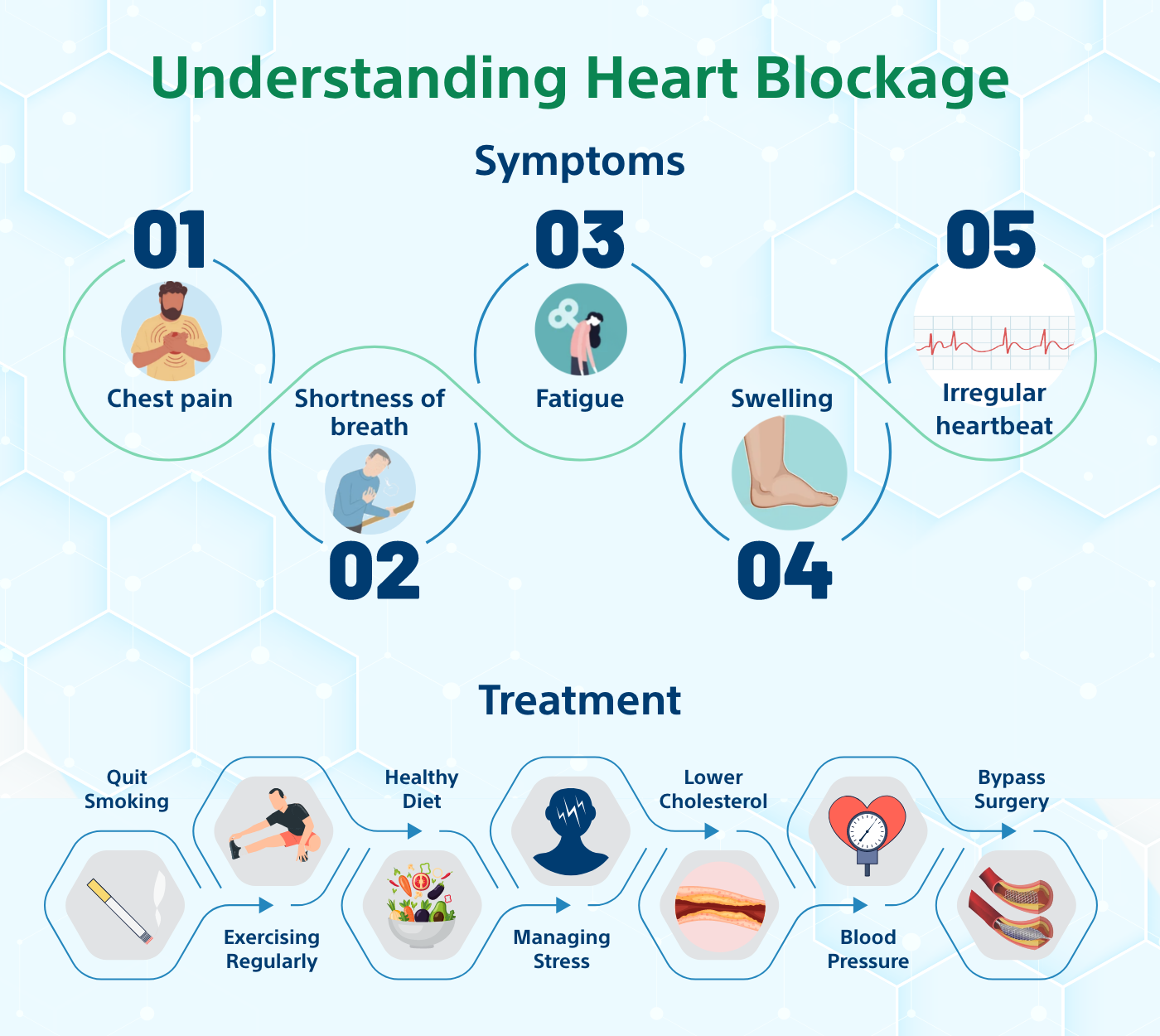Beyond Awareness: Understanding the Subtle Pre-Heart Attack Warning Signs

In a fast-paced world where life keeps us on our toes, it's easy to overlook our body's whispers, especially concerning heart matters. We often associate heart attacks with sudden, intense chest pain, but did you know that our body may send us subtle warnings before the storm hits? As we delve into pre- heart attack symptoms , we uncover the invaluable insights shared by prominent cardiologists in India, shedding light on recognizing these signs early on. The Subtle Prelude: A heart attack occurs when the blood flow to the heart muscle gets blocked, usually due to the buildup of cholesterol-rich plaque in the coronary arteries. But before this critical event unfolds, our body might display subtle hints – signals that shouldn't be ignored. While the more widely known symptoms like chest pain and shortness of breath are crucial to recognize, other, less obvious signs merit our attention. 1. Fatigue That Lingers: One of the early warning signs of impending heart attack...


